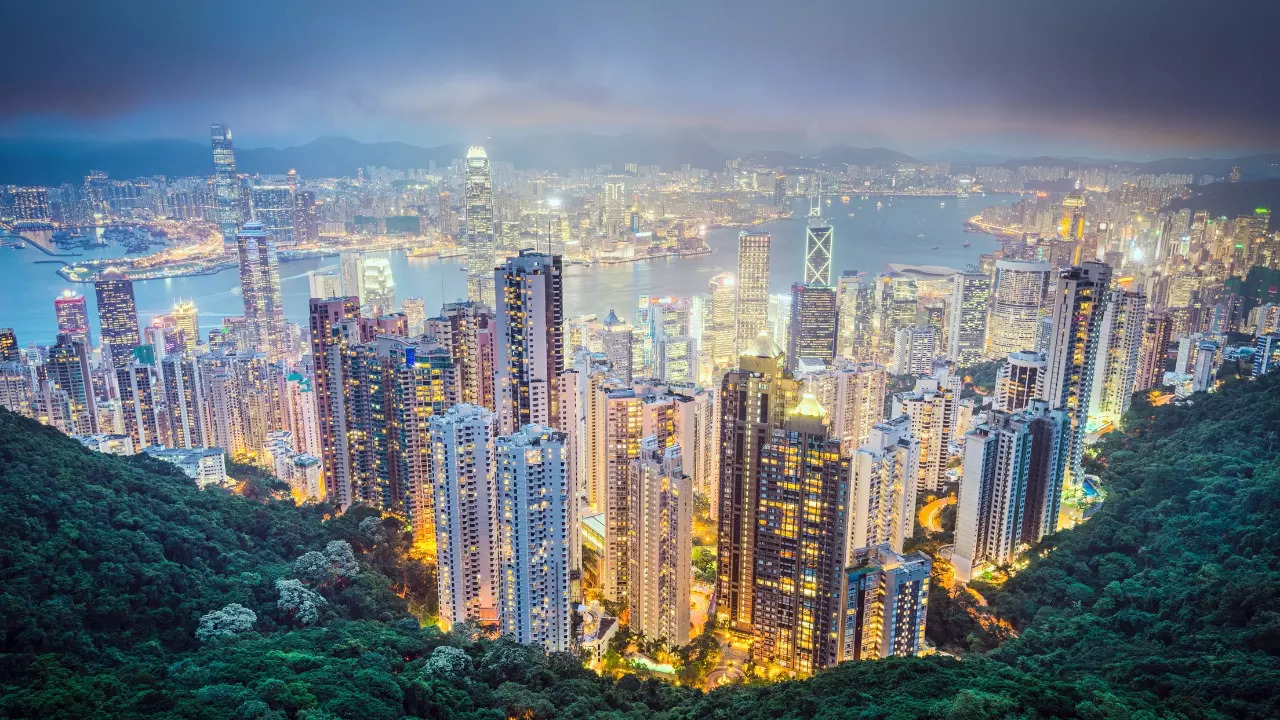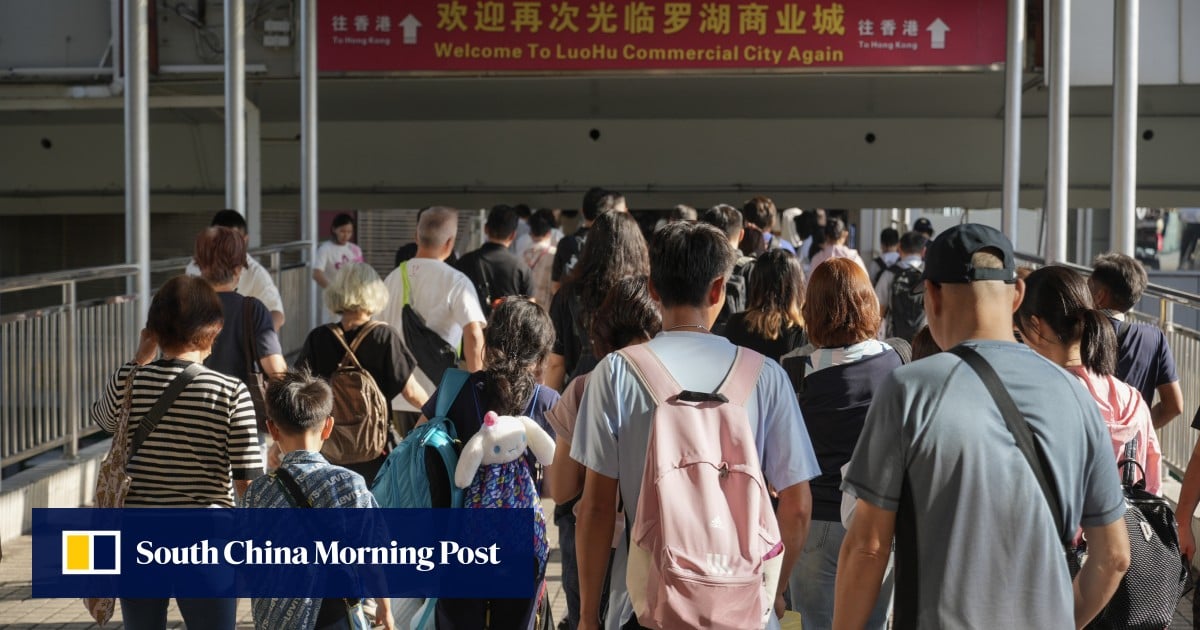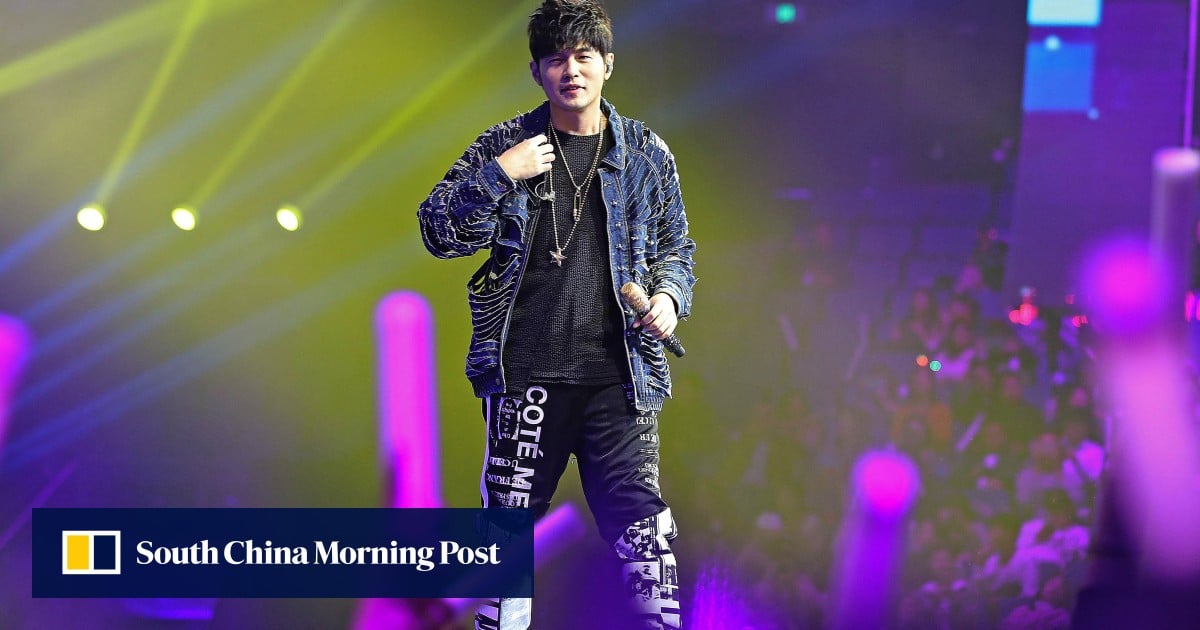Hong Kong‘s police force is set to bolster its crime-fighting arsenal with a massive expansion of surveillance cameras across the city, sparking concerns about privacy and freedom. The move, unveiled by Security Chief Chris Tang in July, will see thousands of additional cameras installed, bringing the total to over 57,000, with plans to harness facial recognition and artificial intelligence technology to aid suspect identification.
Currently, Hong Kong has over 54,500 public CCTV cameras, with plans to add 2,000 more this year. While the police assure compliance with relevant laws, details on the deployment of facial recognition technology and AI tools remain unclear. Experts draw parallels to mainland China’s extensive surveillance systems, heightening concerns in Hong Kong, where political dissent has been limited since the national security law was introduced in 2019.
The camera density in Hong Kong is comparable to major cities like New York, but far behind China’s urban centres. Security Chief Tang noted that countries like the UK have also adopted facial recognition cameras. However, experts caution that even in democracies, the implementation of such technology raises significant privacy concerns.
Professor Normann Witzleb emphasised the need for guidelines that acknowledge the benefits and potential risks of these systems, while Steve Tsang warned that the new cameras could be used for political repression. Samantha Hoffman highlighted the difference in how the technology is used, arguing that Hong Kong’s legal framework supporting government authority makes the situation fundamentally different from Western democracies. She noted that surveillance can impact behaviour and feelings of freedom.


